Europe and the Eastern Other
Europe and the Eastern Other
Comparative Perspectives on Politics,
Religion, and Culture before the
Enlightenment
Hassan Bashir
LEXINGTON BOOKS
Lanham Boulder New York Toronto Plymouth, UK
Published by Lexington Books
A wholly owned subsidiary of The Rowman & Littlefield Publishing Group, Inc.
4501 Forbes Boulevard, Suite 200, Lanham, Maryland 20706
www.rowman.com
10 Thornbury Road, Plymouth PL6 7PP, United Kingdom
Copyright 2013 by Lexington Books
All rights reserved. No part of this book may be reproduced in any form or by any electronic or mechanical means, including information storage and retrieval systems, without written permission from the publisher, except by a reviewer who may quote passages in a review.
British Library Cataloguing in Publication Information Available
Library of Congress Cataloging-in-Publication Data
Library of Congress Cataloging-in-Publication Data Available
ISBN 978-0-7391-3803-8 (cloth : alk. paper) -- ISBN 978-0-7391-3805-2 (electronic)

The paper used in this publication meets the minimum requirements of American National Standard for Information Sciences Permanence of Paper for Printed Library Materials, ANSI/NISO Z39.48-1992.
Printed in the United States of America
To Manal
For her friendship, forbearance, and love!
Contents
Acknowledgments vii
| 1 | Introduction: Towards a More Inclusive Discipline of Political Theory |
| 2 | Between Euro-Centrism and Euro-Denial: The Case for Comparative Political Theory |
| 3 | No People and a Foolish Nation : The Thirteenth-Century Mongol Empire Through European Eyes |
| 4 | Wise Men of the Franks : Jesuit Missionaries at the Court of Indian Emperor Akbar the Great |
| 5 | Delusions of Celestial Perfection : The Encounter between Jesuit Missionaries and the Chinese Literati in Early Modern China |
| 6 | Conclusions: Otherness, Canonicity, and Comparative Political Theory |
References
Index
Acknowledgments
This book is the final outcome of support from many friends, colleagues and family. I am deeply indebted and thankful to all of them. My interest in the cross-cultural study of medieval and early modern political ideas started with an introduction to Cary Nedermans brilliant scholarship on medieval political thought. I am grateful to Cary for accepting me as his student at Texas A&M University and for giving generously of his time and erudition. I also want to thank Drs. Lisa Ellis, Donald S. Lutz and the late Ross M. Lence for sharing their knowledge and for advising me during years of graduate training in the United States.
Cecelia Hawkins, Troy Bickham, Vaselios Syros, EircGoodfield, Jim Rogers and Shahzad Bashir read and commented on parts of the manuscript. My deepest gratitude to all of them for their intellectual largesse extended in rare friendship and professionalism.This book is much stronger because of their invaluable feedback, probity and wise counsel. Any surviving weaknesses are my responsibility. I have presented parts of the manuscript at various workshops and conferences in Canada, United Kingdom, Germany, Finland and the Netherlands. While I am generally grateful for the many valuable comments I received from participants at these events; I especially want to thank Drs. Fred Dallmayr, Farah Godrej and Kari Palonen for their suggestions on honing my arguments further. Thanks are also due to Vivienne Mathies-Boon and Jaap de Wilde at the University of Groningen for suggesting possible avenues for future research. I am most grateful Lenore Lautiger and Alison Northridge at Lexington Books for their intelligence and patience in directing this manuscript to final publication. The third and fourth chapters in this book are revised versions of essays published in edited volumes earlier. I am grateful to Routledge and Klaus ShwarzVerlag, the publishers of these volumes, for allowing me to include these essays in their current form in this book.
Texas A&Ms campus in Doha, Qatar, has been my academic home since 2007. I am fortunate to share this unique and exciting institution with many great colleagues. I thank Todd Kent, Douglas Thornton, Joseph Williams, Phillip Gray, James Hannah, Brady Creel, Geeta Megchiani, Ed Brothers, Nancy Small, Anuj Gupta, Prakash Kallianpur and Khadija El Cadi for their friendship, encouragement and support. I feel privileged to have Eyad Masad as a friend. His encouragement, professional and intellectual support and sound advice have always come to my aid when I needed them most. And I must acknowledge Mark Weichold for being a wonderfully supportive dean.
I have taught some very talented, critical and intellectually adventurous students in Qatar. Among these, I want to acknowledge Mohammad Hasan, Tahir Yousaf, Shahab Usmani, Taha Syed, Kuffat Khan, Michael McDowell and Alya Al-Harthy for serving frequently as sounding boards for many of the ideas in this book. I also want to acknowledge the kindness, appreciation and support it has been my privilege to receive over the years from my friends Asim Masood, Qaiser Jamali, Ali Khurram, Tahir Noor, Heidi Lange, Muhammad Wasay, Amir Qureshi, Sikander Shah, Atif Kausar, Khalid Mir, Mubasher Cheema and Mian Ghulam Mohyuddeen.
On a more personal level I wish that my father and grandparents were alive to see this book in print. I am reminded of their many kindnesses and love in countless ways every day. My mother and my sisters have always been a great source of strength and comfort for me. This book is in large part a result of their wishes and hopes for my success. I also want to thank my parents-in-law, Kareema and Farouk Qamardin, for their affection and encouragement. Discussing national and international politics is the favorite pastime of my family in Pakistan. I am grateful to Khalid Mamoo, Zaeem Bhai, Humayun, Ahmed and Sanee for generously sharing their interpretations of political events and motivations of political actors in Pakistan. Unbeknownst to them their viewpoints have often served as food for thought for my work. It is my pleasure to acknowledge the huge debt of gratitude I owe to my brother Shahzad for inspiring me to pursue the life of the mind. Shahzads keen intellect and his incredible kindness, humor and generosity serve as a daily reminder for me to do better as a scholar and as a human being.
I am grateful beyond measure to my daughters, Hadia and Amani, for filling our lives with immense joy and pride. Their love, happiness and dreams are the greatest motivations behind all my undertakings. Finally, I most gratefully and appreciatively dedicate this book to my wife, Manal, for her enormous generosity of heart and for making life an extraordinarily beautiful and adventurous journey.
ONE
_
_
Introduction
Towards a More Inclusive Discipline of Political Theory
All nice people, like Us, are We
And every one else is They:
But if you cross over the sea,
Instead of over the way,
You may end by (think of it!) looking on We
As only a sort of They!
Rudyard Kipling, We and They
The quest to identify and resolve the complexities that delineate Wests relations with its cultural others has always been a topic of great interest for Western thinkers. In politics and philosophy even a cursory list of Western political thinkers, who have engaged with the East-West problmatique, would include prominent names like Hegel, Weber, Husserl, Heidegger, Leo Strauss, Habermas, Said and Rorty. One can find powerful arguments on both sides of the debate. Some scholars argue in favor of achieving a fuller humanity via an intellectually integrated world, while others highlight the inherent incommensurability between Eastern and Western preferences and worldviews. The overall status of this debate, in various academic disciplines in the West, remains unresolved. According to Zhang, the attempts to reconcile and justify the respective dialogical, antagonistic, or asymmetrical positions have not been able to provide the solutions to the satisfaction of others. Hence, the question remains. Is there a relationship between the East and the West?


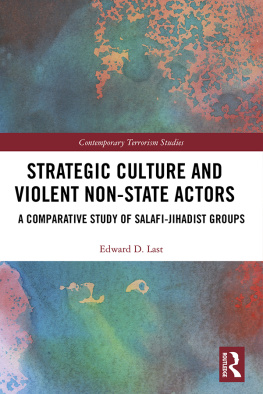
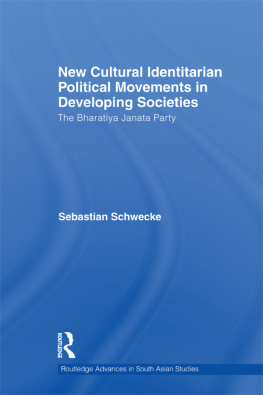
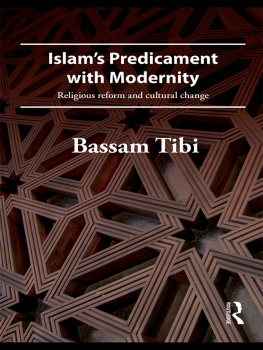
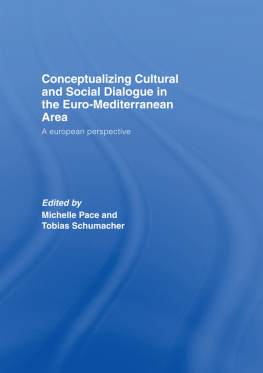
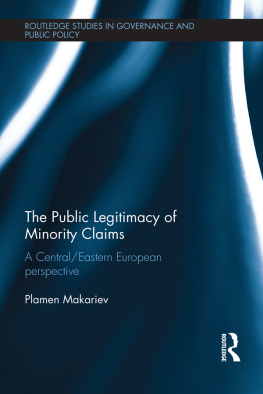
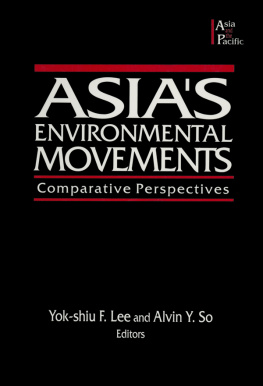
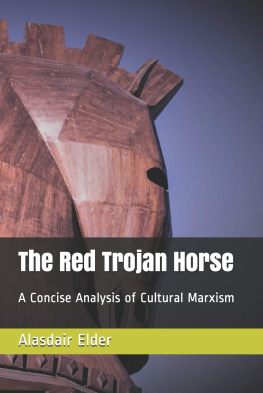
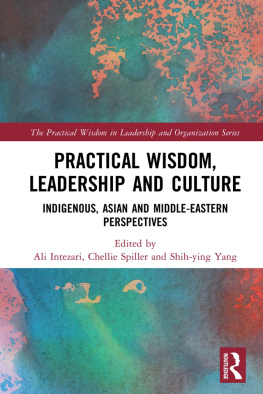
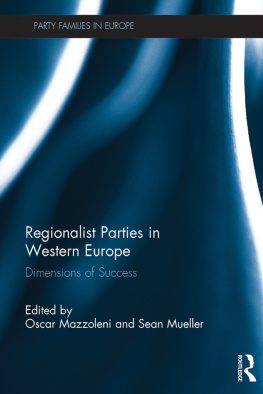

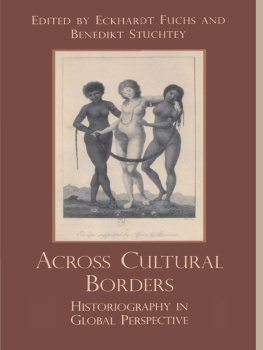
 The paper used in this publication meets the minimum requirements of American National Standard for Information Sciences Permanence of Paper for Printed Library Materials, ANSI/NISO Z39.48-1992.
The paper used in this publication meets the minimum requirements of American National Standard for Information Sciences Permanence of Paper for Printed Library Materials, ANSI/NISO Z39.48-1992.